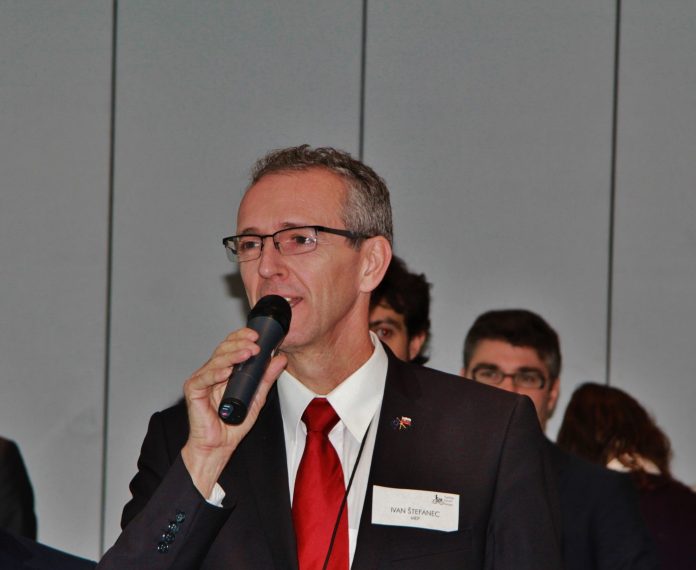The European Parliament today proposed concrete measures to solve the problem of quality differences between products sold under the same brand and packaging in different EU countries. MEPs adopted the Report on Dual Quality Products by a large majority, addressing the so-called ‘fish fingers’ scandal.
“It is not right that a European customer, for example in Slovakia or Latvia, gets a product that looks the same but is of worse quality than in Germany or France. A product that differs in certain characteristics on the markets of different Member States cannot be labelled and branded in an identical manner“, stated Ivan Štefanec MEP, who is the EPP Group’s Spokesman on the issue.
“We cannot accept this type of different treatment of European consumers“, he stressed. “This is why we want to put pressure on the EU to set rules on product quality and enforce them to ensure a true Single Market in Europe for consumers.”
Štefanec welcomed the new common testing methodology developed by the European Commission’s Joint Research Centre for comparing the quality of food products across the EU. “I see this as a good solution as we currently have a situation where every Member State still assesses quality according to different standards. But when we have a unified testing methodology, we can apply it everywhere. This is the key to having the same composition for branded products in every Member State”, underlined Štefanec.
The EPP Group also supports a pilot project to investigate several categories of consumer products as it is crucial to cooperate between national regulators but also between consumer organisations.
“We, the EPP Group, support equal treatment for consumers all over the EU. There cannot be any second class citizens”, he concluded.

